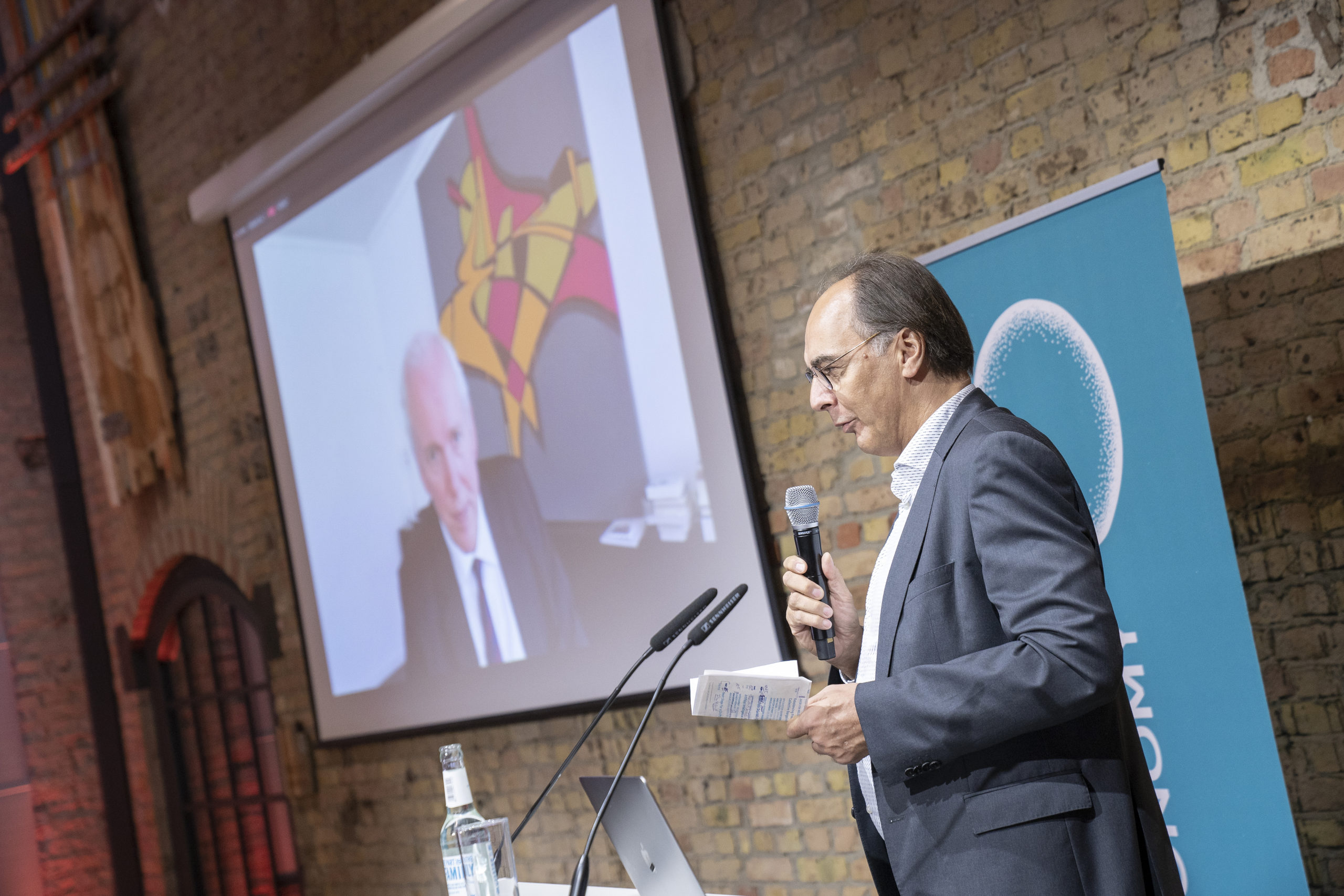GLOBALIZATION
How the Saarland is Tackling Change With a new Transformation Fund
Jakob von Weizsäcker (Minister of Finance and Science of the Saarland) presented the recently proposed transformation fund at our last New Paradigm Workshop.
BY
MAREN BUCHHOLTZPUBLISHED
10. OCTOBER 2022READING TIME
2 MIN.
At our XI New Paradigm Workshop, Jakob von Weizsäcker and Thomas Fricke spoke about the new Saarland Transformation Fund.
With its high industrial base, the Saarland is somewhat exemplary for Germany, the EU county with the highest value-added in production. The economic structure of the small German state has historically been shaped by coal mining and industrial production. The region has the highest concentration of employment in the automotive and metal industry, which both will have to fundamentally change in line with emission limits. This is why the local government of Saarland is aiming to accelerate the transition to a net zero economy with additional investments through the ‘transformation fund’. The new fund is also aiming to make to the local economy more resilient, provide good jobs and attract new firms. Jakob von Weizsäcker explained that regional policies can be crucial in ensuring political stability, referring to the French region of Lorraine, where regional policies have been less pronounced and support for right-wing populism has been increasing.
The 3 billion Euros may be spend over a decade in three main areas: industrial transformation, innovation (e.g. by attracting new research institutions such as the CISPA Helmholtz Centre for Information Security) and infrastructure (investing inter alia in hydrogen, green steel, insulation for buildings, etc.). An advisory board of independent experts is to support the Saarland government in this.
“It’s not just about transforming within sectors but also between sectors.”
According to Jakob von Weizsäcker, the fund it necessary to critically accelerate the green transition. Most of the investments will have to come from the private sector, the role of the public sector is to encourage. He summarized this “litmus test” in the following way: “If one is stupid about it, chances are, one will give industrial policy a bad name.” All too often, failed industrial policies had perpetuated non-functioning business models. The minister formulated a vision for how the Saarland can learn from these part mistakes. In his view, the region will remain an industrial hub but will need to undergo fundamental shifts in the composition of its economy: “It’s not just about transforming within sectors but also between sectors.” Getting the mix right will be key, which is what the “three I’s” (industry, infrastructure, innovation) seek to address.
